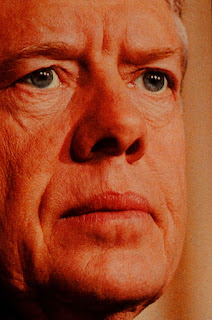Search This Blog
We are in a crisis in the evolution of human society. It’s unique to both human and geologic history. It has never happened before and it can’t possibly happen again. Albert Bates, author of The Financial Collapse Survival Guide and Cookbook, brings you along on his personal journey.
Posts
Showing posts from July, 2009


